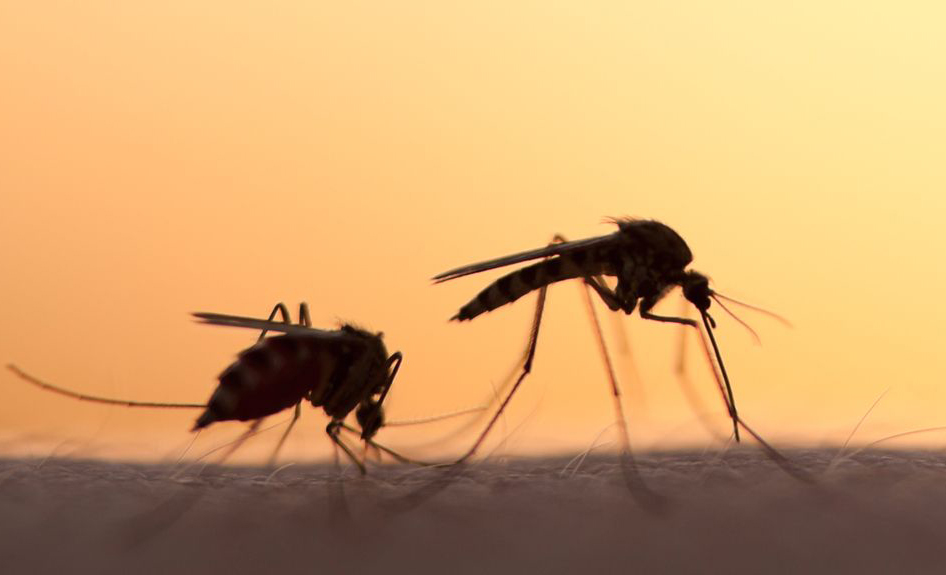TAKUDZWA HILLARY CHIWANZA
Binga district has recorded 26 malaria deaths and 28,850 cases so far this year, a sharp increase from last year, as some mosquitoes have developed resistance to the chemical used for spraying, a health official said on Friday.
 |
| Malaria kills 26 in Binga, Zimbabwe. Image: ZimLive |
Binga district medical officer Sibonginkosi Ncube told journalists who were touring Results Based Financing (RBF) health model projects that the district was the only one in the country with a high malaria burden, and that the government was changing to a more effective chemical, DDT, to combat the outbreak.
The RBF programme provides free maternal and child health services for the poor, funded jointly by the government and the World Bank.
It was launched in 2014, and is implemented by Cordaid, an emergency relief organisation.
"The burden is there. We are the only district that has a high burden. So far in the district, in 2023, we have had a higher malaria case fatality; we rose from seven in 2022 to 26 so far. We have had 28,850 cases," she said.
She noted the government had conducted a case investigation and found that some of the mosquitoes were resistant to the chemical that was used for spraying last year.
She added that the district had not recorded any malaria deaths among pregnant women, who are among the most vulnerable groups.
The government has implemented several measures to contain the outbreak, including restricting funeral attendance and banning certain social gatherings in the affected areas.
It has also established cholera treatment camps and increased surveillance and active case finding strategies, working closely with local leaders and village health workers.
Ncube said indoor residual spraying was the main intervention to prevent malaria transmission, and that it would be increased to cover at least 95 percent of the population.
"So what we will be doing this year is we have agreed that our percentage of rooms sprayed should be kept at 95 percent. At least 95 percent of the population must be protected against malaria. In a few weeks' time we will conduct indoor residual spraying. It is our major intervention where we spray across the district and this time we are using a very strong chemical which is also long-lasting," she said.
She also commended the role of community health workers, who handle most of the malaria cases and refer some to hospitals.
Gideon Muzamba, nurse in charge of Sianzyundu clinic, one of the health facilities under a programme that provides free maternal and child health services for the poor, funded jointly by the government and the World Bank, said the clinic was also affected by the high malaria burden.
"We had malaria fatality and we had some community deaths because they were delaying to come for treatment. Last week alone we recorded three malaria cases and that's a lot," he said.
He said the clinic had 67 trained community health workers who were trained in malaria case management and also distributed information on the upcoming household spraying.
Binga community members urged the government to intensify indoor residual spraying and the distribution of mosquito nets.
"We try to prevent malaria by buying mosquito repellent but it's not enough and the government distributes mosquito nets though they are not adequate to cover all family members. We appeal for more mosquito nets," said Nkosinathi Magwavala.



.jpg)


.jpg)










0 Comments